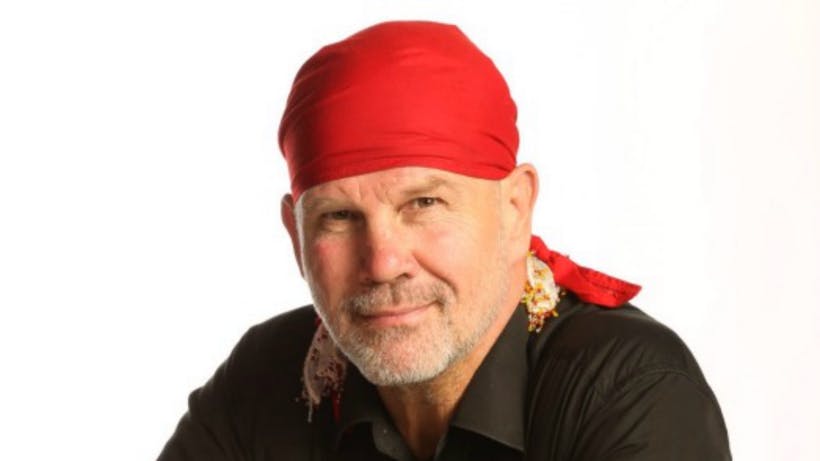Don’t you find it interesting that the one guy in the media who was calling down fire and fury on Bancroft, Smith and Warner for their involvement in ball-tampering recently has just doubled down in condemning Israel Folau for simply reminding us that there are also serious moral and spiritual consequences for the way we live in relation to God?
So, let me get this straight: according to Pirate Pete it’s okay to humiliate and sin-bin Steve Smith and David Warner for at least eighteen months—and in the process, potentially ruin them financially for agreeing to give a cricket ball a...
Already a subscriber? Log in
Subscribe for just $2 a week
Try a month of The Spectator Australia absolutely free and without commitment. Not only that but – if you choose to continue – you’ll pay just $2 a week for your first year.
- Unlimited access to spectator.com.au and app
- The weekly edition on the Spectator Australia app
- Spectator podcasts and newsletters
- Full access to spectator.co.uk


























Comments
Don't miss out
Join the conversation with other Spectator Australia readers. Subscribe to leave a comment.
SUBSCRIBEAlready a subscriber? Log in